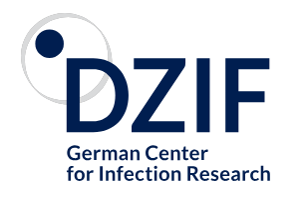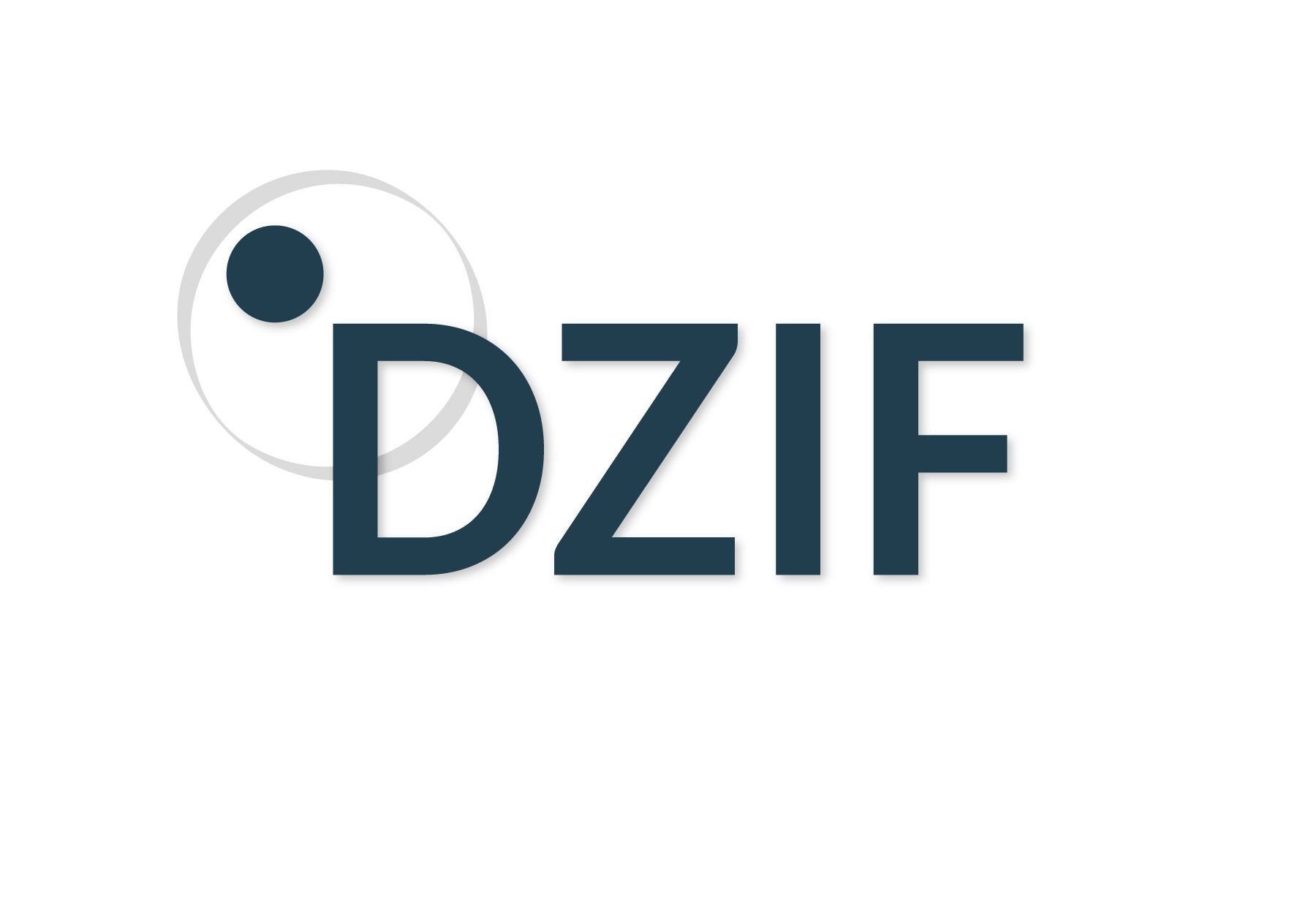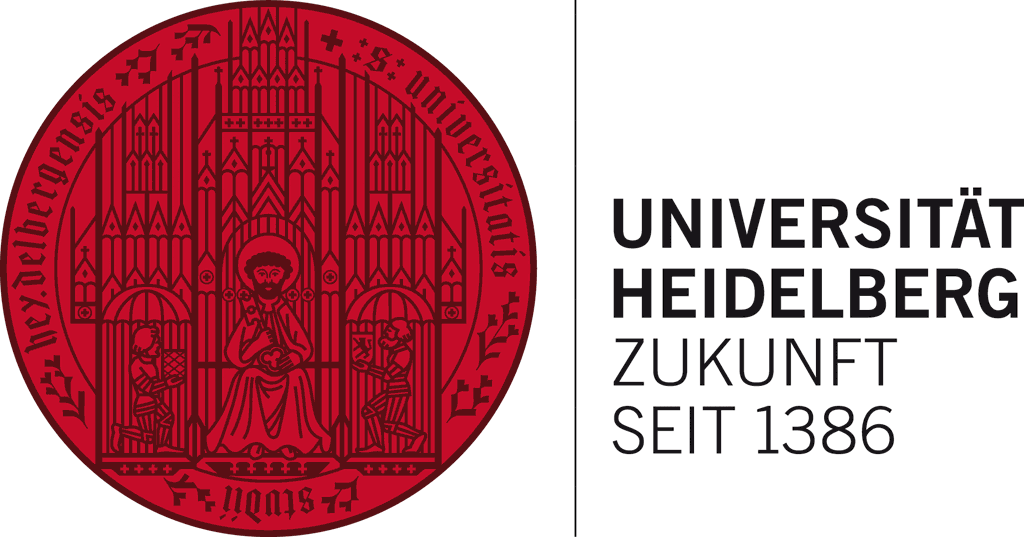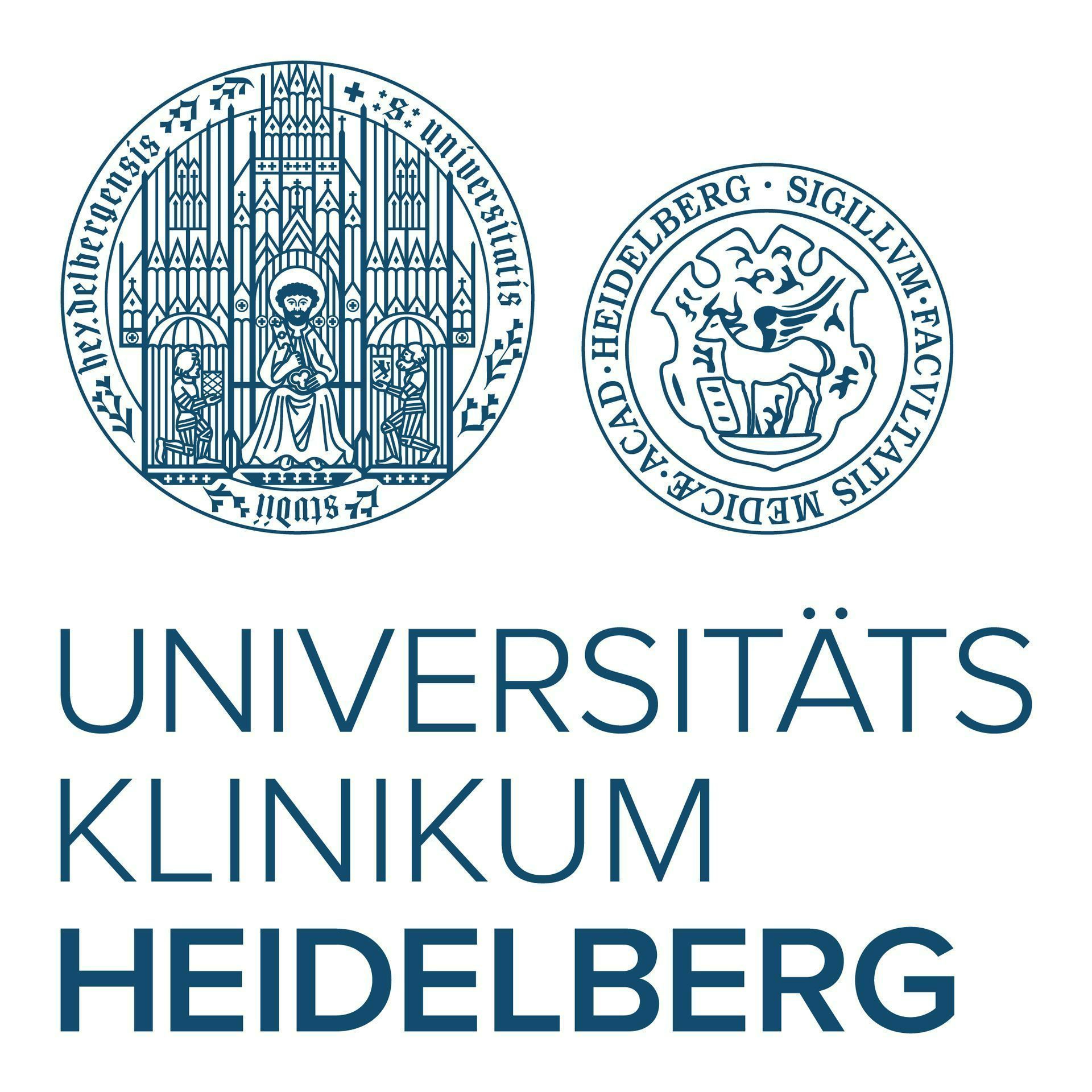TTU 07.822
"Impact of anti-viral immunity in solid organ transplantation - Mechanisms of host infection control in immunosuppressed individuals"
Short Summary
Although over-immunosuppression is recognized as cause of CMV complications in transplant patients, other host factors are responsible for individual disease risk. These should be identified through close immune-monitoring. Accordingly, at the UKHD >2,900 blood samples from 530 kidney transplant recipients at different time points have been comprehensively analyzed regarding the kinetics of more than 170 immune subsets. In addition, functional gene expression analysis of these samples was performed and correlated with the incidence of viral infections. Major findings: Predicting biomarker for competence of existing CMV-specific immunity and/or resistance have been identified. Drop in or low Interferon responsiveness (ISG expression) seems to be a risk factor for de novo infection or virus reactivation. Expansion of adaptive NK-cells associated with milder or missing clinical symptoms. Only partial phenotypic parallels between CMV and BKV reactivation. Drop in ISG expression during SARS-COV2 infection also associated with HSV and CMV reactivation. Translational impact: Individual biomarker-assisted adjustment of anti-viral prophylactic strategies. ISG response as surveillance marker and possibility of POC application and therapeutic intervention. Application of the developed monitoring strategy to other clinical infection events: Pulmonary HSV-1 reactivation and fungal infections after liver transplantation – as an emerging clinical challenge.
Highlights
- Application of the monitoring strategy in severely diseased COVID patients revealed the detection of HSV-1 in the later phase of SARS-CoV-2- infection to be associated with a decreased expression of Interferon-stimulated genes indicating a dysregulated immune response.
DZIF Partner Site Heidelberg


Contact Info
Phone: ( 49) 6221 - 56 310787
dzif.heidelberg@med.uni-heidelberg.de
Department of Infectious Diseases
In Neuenheimer Feld 344
69120 Heidelberg, Germany






